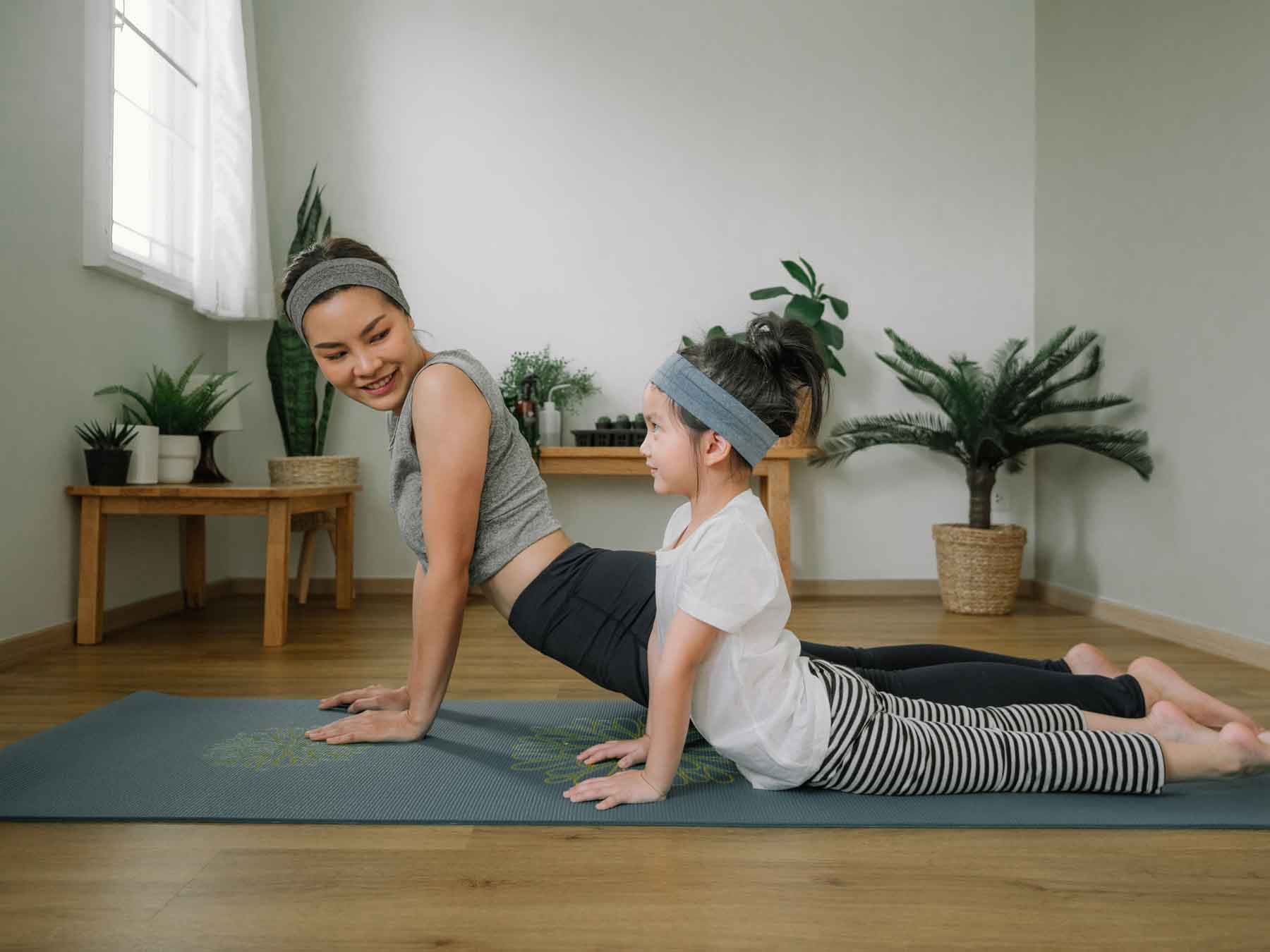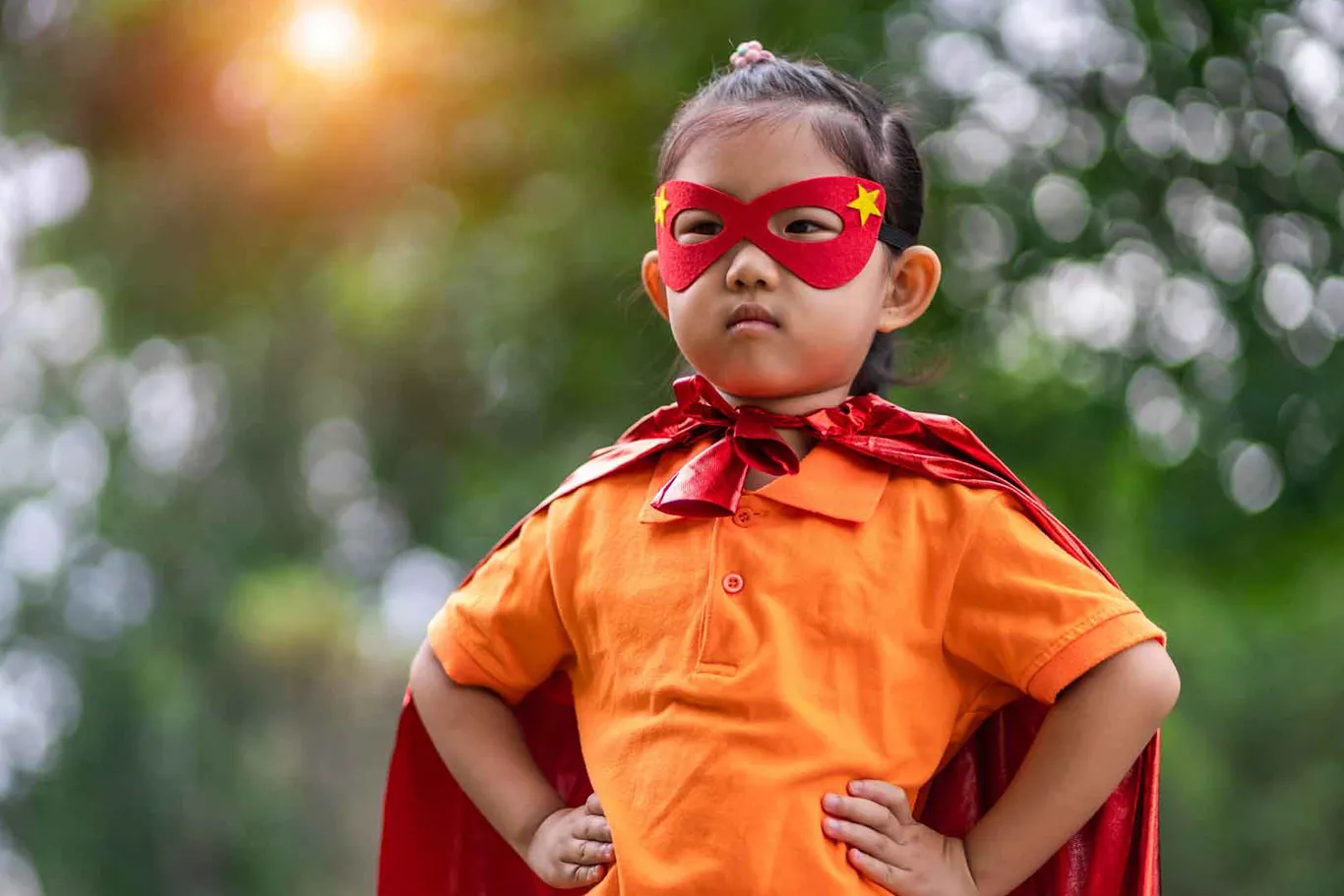Life for families is not what it used to be – and even young children will have sensed this. From less time spent playing outside and isolation from friends and relatives, to the sudden switch to home-based learning and uncertainty around exams at local and international schools as major tests were cancelled, the COVID-19 pandemic has changed the lives of children throughout 2020. As we look to fresh beginnings and keep moving forward, here are some ways parents can support their kids to develop the life skill of resilience, and instil a healthy sense of optimism.
It begins with us
According to Harvard University’s Centre for the Developing Child, there is a single common factor for children who develop resilience: at least one stable, committed relationship with a supportive parent, caregiver, or other adult.
These relationships ultimately provide the scaffolding for a child as they develop, protecting them from disruptions to their wellbeing.
Our interactions and responsiveness to our children’s needs also help them build the capacity to understand and regulate their behaviour, enabling them to respond to adversity and thrive.
Two techniques we can teach our kids right now
Big changes come with big emotions, but we can help our children to understand and acknowledge how they are feeling, and take things one step at a time as a resilience-building strategy.
One technique that you can teach even young children is to use their own breath. Breathing deeply, and slowly, can counteract a fight-or-flight response and bring them to a calmer state. Founder of The Conscious Zone Ms Mallika Kripalani, who teaches adults and children in Singapore the life skills of resilience and stress management, suggests starting with 30 seconds of breathing exercises for children. Ask your child to pay attention to their chest rising, or to feel their breath going in and out. This simple technique, she says, helps childen calm down quickly and break the cycle of anxiety, anger or frustration.
Another technique suited to older kids is the RULER approach: Recognising, Understanding, Labelling, Expressing and Regulating emotions. Developed by Prof. Marc Brackett, founder of the Yale Centre for Emotional Intelligence and the Centre’s team, this strategy was designed to help children get through difficult moments, learn from them and to move forward in healthy ways. Practise these five skills of emotional intelligence at home together:
- Recognise emotions in ourselves and others
- Understand the causes and consequences of emotions
- Label them accurately
- Express them in accordance with cultural norms and social context
- Regulate responses with useful strategies that align with one’s best self, healthy relationships and personal wellbeing
By equipping your kids with ways to identify and deal with intense moments and feelings, you can help set them up to cope with daily difficulties – and build resilience to respond to adversities they will meet throughout life.

Teach your child how to manage stress with your engaged presence and guidance.
Make school feel a little less stressful
When Singapore went into its eight-week Circuit Breaker, families had to adjust quickly to the new normal of working from home and managing home-based learning – and for many, even with the privilege of space and devices for everyone to work and learn with, it was a challenge.
For parents of children going through upheaval during important exam years at school, we can help set the tone for our children to mitigate stress. In 2018, well before the pandemic was to affect the momentum of students sitting for their PSLE and GCE exams, prominent entrepreneur and mother of two Tjin Lee co-founded the Life Beyond Grades movement. Its goal: to rethink our approach to education and help alleviate the intense pressure placed on Singaporean children to achieve at school. The key messages that academics alone shouldn’t define our children, and that a child’s self-confidence and mental health should be prioritised, resonate strongly today.
Keep focusing on activities that are learning experiences for your children, but provide opportunities for you to connect with each other. After all, as Life Beyond Grades recently shared with its social media followers: “there’s no tuition class or workshop that can be as effective as how parents interact with their kids.”
Help them see the bright side – in a balanced way
It takes practice to frame thinking in a positive light. Parenting expert and author Michael Grose says that teaching kids to lean towards optimism begins with parents. “Model positive thinking and optimism. Let your children hear your positive self-talk,” he shares.
In the same vein, Brackett speaks of the benefits of positive affirmations to shift thinking, and suggests the technique of saying your name, followed by a phrase, such as: “Mark, you can get through this.” He also suggests teaching children the “reappraisal” approach: looking at a situation from other perspectives and telling themselves a different side to their story. This helps to balance any catastrophic thinking they may be experiencing around school, or the COVID-19 situation.
But, it’s just as important not to stray into the mindset that negative emotions are bad. Brackett advocates giving children permission to feel all emotions. Negative emotions, he says, are signals that we need to attend to.
And, as Dr Kenneth Ginsberg shared in Psychology Today in a piece on building resilience in children during COVID-19, it’s important to be in a good space ourselves. “Be sure that you have found your calm place before reaching out to support your child,” he advises.
“That may require getting support, finding a space for reflection, or writing feelings down. Don’t be afraid to show your child that it takes work and intention to get to a calm state when stressed.”
To help you stay on course, keep that very first point in mind: your presence as a supportive parent, and your relationship with your child will make all the difference as you take on a new year – and perhaps a new era – with positivity.
